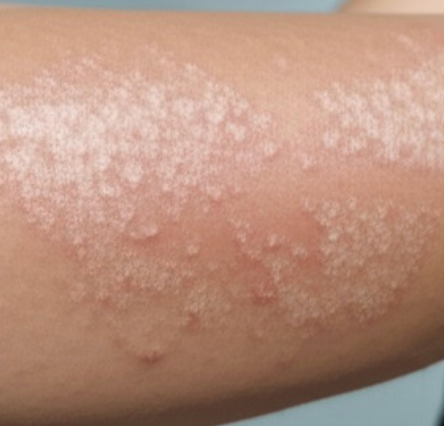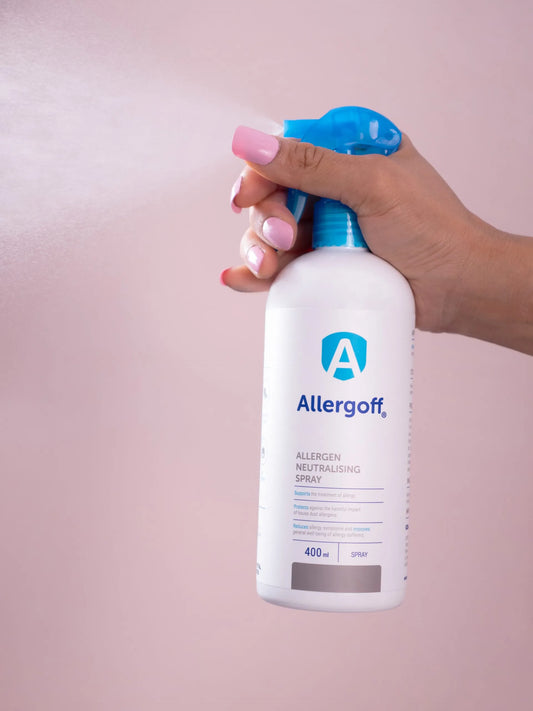
Share
Your Eczema Could Be Linked to Airborne Allergens
Knowledge Base
Your Eczema Could Be Linked to Airborne Allergens
For anyone living with eczema, the search for triggers can be a frustrating journey. What many people don’t realise is the profound and often overlooked role that airborne allergens play in both triggering and worsening eczema.
It’s time to consider a new perspective: your eczema might be caused by microscopic particles floating around you and settling on surfaces you touch every day.
Airborne Allergens as a Trigger of Eczema
Common airborne allergens such as dust mites, pet dander, mould, and pollen aren’t just minor irritants for sensitive skin, they can actually trigger atopic eczema.
Here’s what happens:
- Direct Skin Contact – These tiny particles don’t just stay in the air; they settle on surfaces throughout your home – your bedding, clothing, carpets, and upholstered furniture. This means your skin is in constant, direct contact with them, creating a continuous exposure pathway.
- Compromised Skin Barrier – Atopic Eczema is characterised by a weakened skin barrier, which acts like a faulty shield. This compromised barrier allows allergens to easily penetrate the skin’s protective layers.
- Immune System Response – Once allergens breach the barrier, your immune system, sensing an invasion, mounts an inflammatory response. This is the underlying mechanism of atopic eczema: it’s an immunological reaction to allergens that have entered the body through the skin. Therefore, allergens aren’t just worsening existing symptoms; they can be a fundamental driver of the condition itself.
Reducing your exposure to environmental allergens is a crucial, often underestimated, strategy for managing eczema and allowing your skin the vital opportunity to heal.
By proactively addressing the presence of airborne allergens in your environment; you’re not just managing symptoms, you’re tackling the root cause of your eczema.
-
Sale!

Allergoff Allergen Neutralising Spray 400mL
Rated 5.00 out of 5$59.95Original price was: $59.95.$45.95Current price is: $45.95. Add to cart -

Allergoff Atopy Skin Barrier Cream for Face and Body 75ml
Rated 5.00 out of 5$39.95 Add to cart -

Allergoff Atopy Skin Barrier Emulsion for Gentle Face and Body Cleansing 250mL
Rated 5.00 out of 5$48.00 Add to cart -
Sale!

Eczema Care Bundle
Rated 0 out of 5$147.90Original price was: $147.90.$99.00Current price is: $99.00. Add to cart




